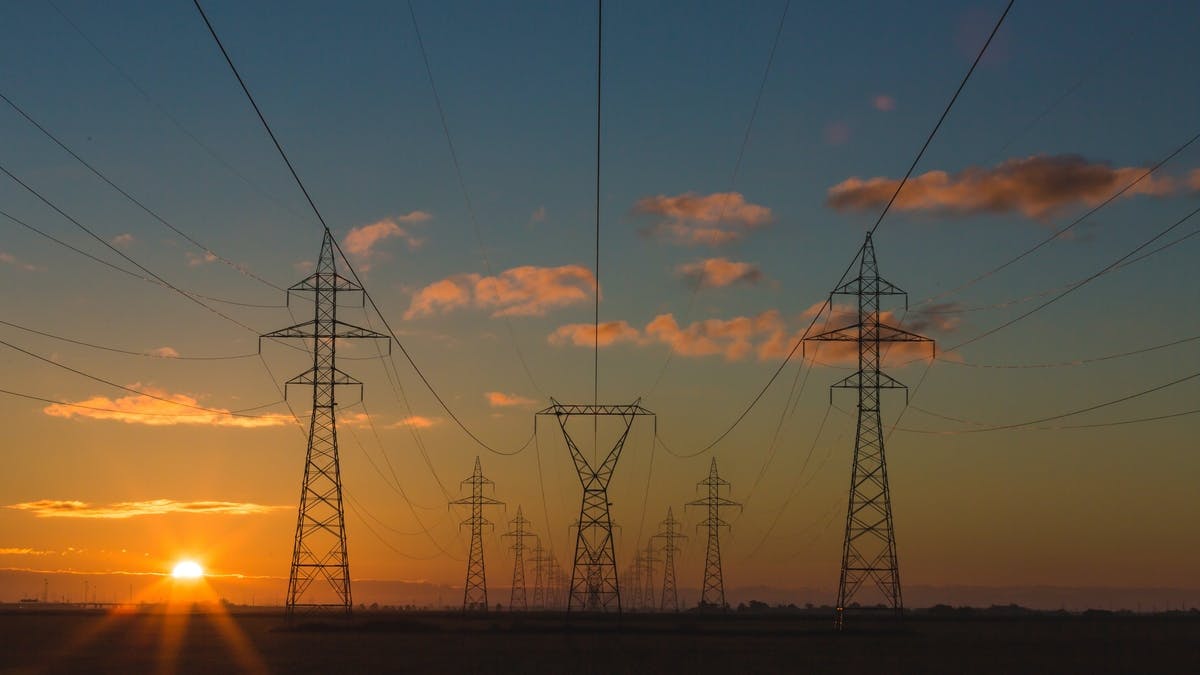It looks like small business owners are still suffering from a COVID hangover, with many failing to pay off accumulated financial and tax arrears amassed over the last two years of COVID and now struggling and digging into their personal finances to cover growing expenses of vital power services.
According to new research examining the impact of small company energy policy, one-third of Australian small businesses are experiencing energy hardship as a result of the COVID-19 pandemic, which has left one in every five with an energy service debt.
The Council of Small Business Organisations Australia (COSBOA) conducted a study of 408 small business owners to better understand the effects of energy policies and lobby for greater energy consumer rights. Energy Consumers Australia Limited financed the initiative as part of its grants programme for consumer advocacy and research projects that benefit electricity and natural gas consumers.
In addition to demonstrating energy difficulties, the poll discovered that just one in every two small businesses has returned to full operation, with 43 per cent still running below capacity and another 3 per cent remaining temporarily closed.
According to the research:
- 40 per cent of small business owners reported being in a worse financial situation individually as a result of the impact of COVID on their firm and capacity to pay critical costs such as energy.
- A third of small business owners failed to pay their energy bills on time, leaving one in every five entrepreneurs with an energy service debt that they are currently paying off.
- Energy hardship was more acutely experienced by larger small businesses with more than 20 staff (41 per cent), businesses operating with an embedded network or shopping centre (56 per cent), newer small businesses (59 per cent), and businesses struck by temporary closures (69 per cent).
COSBOA CEO Alexis Boyd said the impact of COVID-induced energy hardship will be long-term following two years of pandemic conditions that kept many customers at home.
“Right now, small business owners across the country are grappling with how to pay down legacy bills leftover from COVID shutdowns and slowdowns,” Ms Boyd said.
“It’s a double hit, as they are trying to rebuild right as operating costs such as petrol prices and electricity are skyrocketing, supply chains are significantly impacted, and an acute worker shortage makes it nearly impossible to grow revenues.”
“The COVID hangover, including debt from energy bills incurred during the pandemic downturn, is a handbrake on the recovery of the Australian economy because half of Australia’s 2.4 million small businesses have not returned to full operations and support is needed to get them back to capacity.”
Energy Consumers Australia CEO Lynne Gallagher said the research demonstrates the need to set the right policy conditions to support small businesses to manage energy bills as they emerge from the pandemic and other future economic shocks.
“The research clearly shows that flexibility to pay bills, proactive support and better communication from energy providers are all extremely helpful to supporting small businesses during difficult times like the COVID-19 pandemic,” Ms Gallagher said.
“The surprising lesson from the research was the number of small businesses that were wary of asking for help and labelling themselves as being under financial distress, with the embarrassment and stigma preventing them from accessing support that was already available.”
Ms Boyd added, “There’s work to be done in helping remove that stigma, and the role of direct and independent advice will be essential to achieving that – including awareness-raising by bodies like COSBOA and its member associations.”
Energy hardship was felt most profoundly by heavy energy operators and in businesses where electricity demands continued even if customers were hibernating or locked down.
Despite prolonged lockdowns and border restrictions in other states, businesses in New South Wales were substantially more likely to have experienced energy difficulties, according to the poll. While half of all small businesses had lockdown disruptions, two-thirds faced temporary closures, which is one of the most telling signs of energy difficulty.
This interruption had a substantial impact on corporate bottom lines, with two out of every five small and medium-sized businesses reporting severe losses in sales and profits.
Read the full report HERE.
Keep up to date with our stories on LinkedIn, Twitter, Facebook and Instagram.

